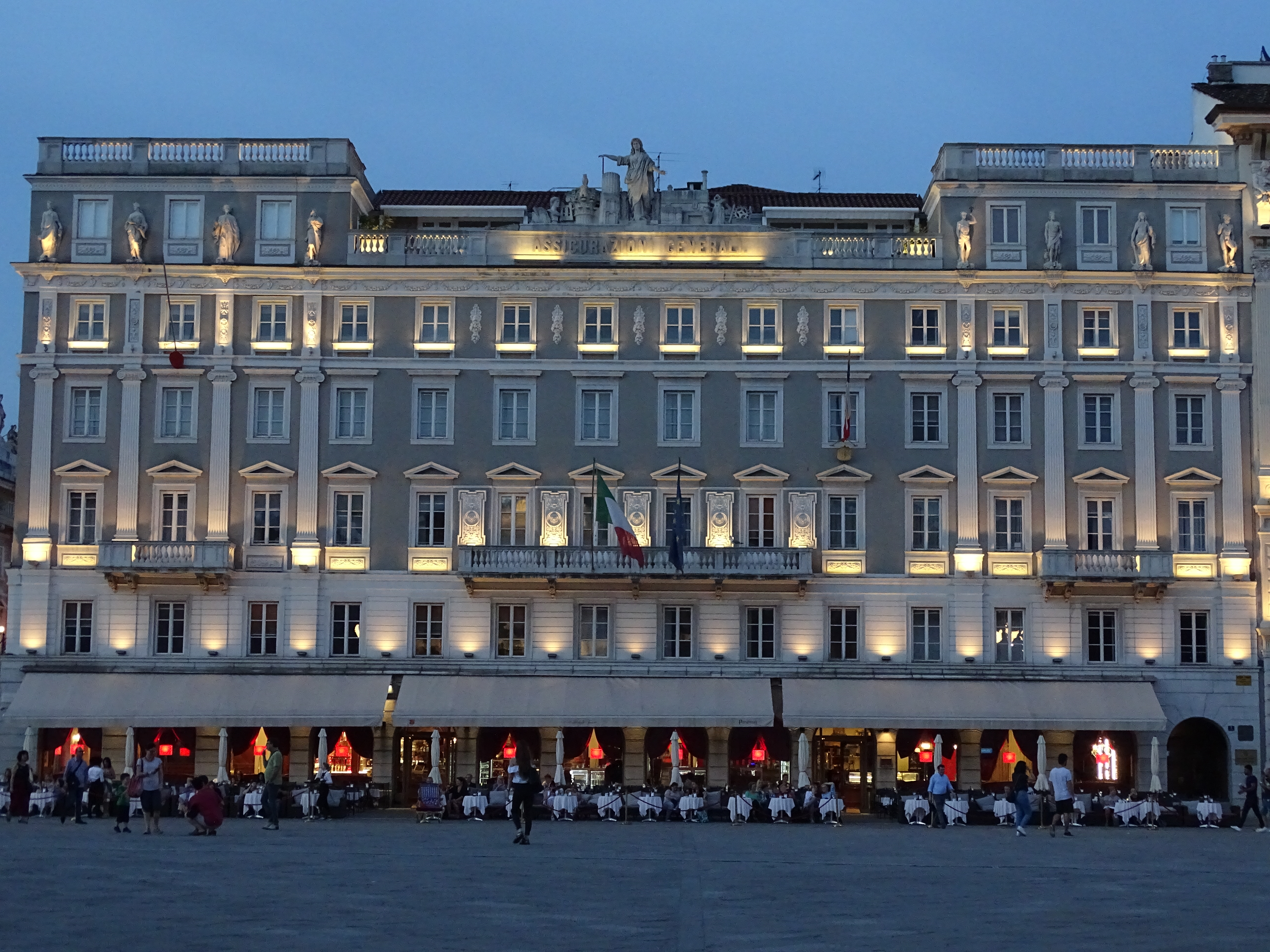BREXIT AND ITS CONSEQUENCES FOR EUROPE’S CENTRE

Trieste, Italy
Britain’s current decline is relative rather than absolute. The average citizen of today’s Britain is far richer than was the average citizen at the time of the British Empire. Other advanced economies have suffered from years of slow growth while Britain’s science and medical research boom. But the evidence of decline is too evident to ignore. Britain’s core political institutions are in a state of decay. In the past, big crises have produced great leaders, such as Lloyd George during World War I and Winston Churchill during World War II, but today’s politicians range among the mediocre. In a recent survey a quarter of Britons say they would vote for a far-right party because the mainstream parties have let them down. Economic growth has been slow since 2015 despite low interest rates and a fall in the value of the pound. Productivity growth has been marginal and real wages have been falling for a decade. A growing proportion of the population is trapped in a cut-throat economy, in which the young fear to be much worse off in future than their baby-boomer parents.
This is not the first time Britons have been gripped by fears about decline. In the 1890s they worried that America and Germany were replacing Britain as the workshop of the world. In the 1950s they worried that an old-fashioned establishment was strangling the forces of progress. The 1970s saw a particularly fierce debate, as the country was plagued by strikes and three-day weeks. But three aspects make today’s worries especially troublesome. The first is disappointment. For the past 40 years Britain felt that it had put decline behind it. Margret Thatcher, John Major, Tony Blair and David Cameron cemented the new consensus that economic growth, deregulation and privatisation were the key to permanent wealth increase. This was a huge benefit to the new elite that could pride itself that it was more progressive than the old one while stuffing its pockets with gold. But this new consensus also suffered from mounting problems. There was the problem of one-off windfalls: selling off council houses was wonderful for the tenants and the Treasury, but left Britain short of social housing. There was the problem of regional imbalance. The boom in financial services poured money into the south-east while the north remained in economic trouble. This Thatcher-Blair consensus finally ended with the financial crisis of 2008 and the Brexit vote of 2016.
The second problem Britain is facing is the lack of collective agreement in deciding to leave the European Union. Brexit was driven by a particular combination of despair about the way the old consensus had left so many people behind and of optimism that by freeing itself from the EU Britain would be able to reignite its growth engine. The despair was probably justified, but the optimism definitely not because most of Britain’s problems are internally generated. There is nothing about membership in the EU that prevents British entrepreneurs from trading with the rest of the world. Indeed the EU has just signed a trade deal with Japan and is negotiating with the USA about lowering trade barriers. Most economists predict that any version of Brexit – hard or soft – will depress Britain’s growth rate. If Britain leaves without a deal, the consequences will be dramatic. The Brexit secretariat is already drawing up contingency plans to stockpile medicine and food and put electricity generators on barges in the Irish Sea. The third problem is that of compounded error. Irresponsible politicians may well feed the people’s appetites for populist and nationalistic decisions. The Brexit debacle has already injected the poisonous charge of betrayal into the heart of politics. Tony Blair said that politics at the moment is about either riding the anger of finding the answer. The trouble is that fresh answers are hard to find and the anger is mounting daily.
…
